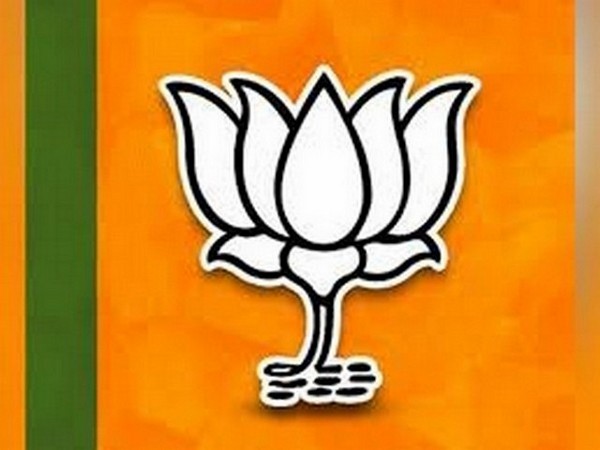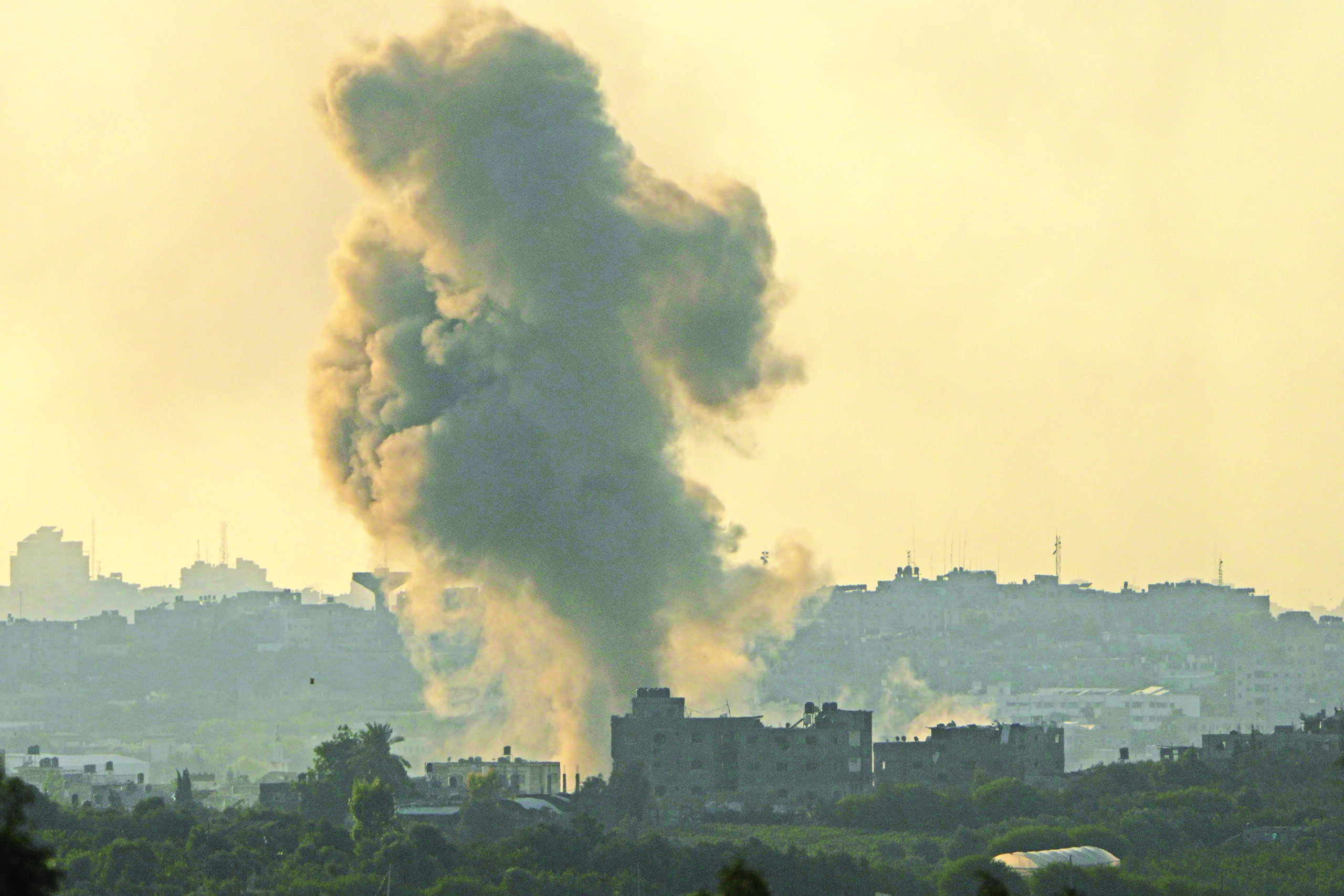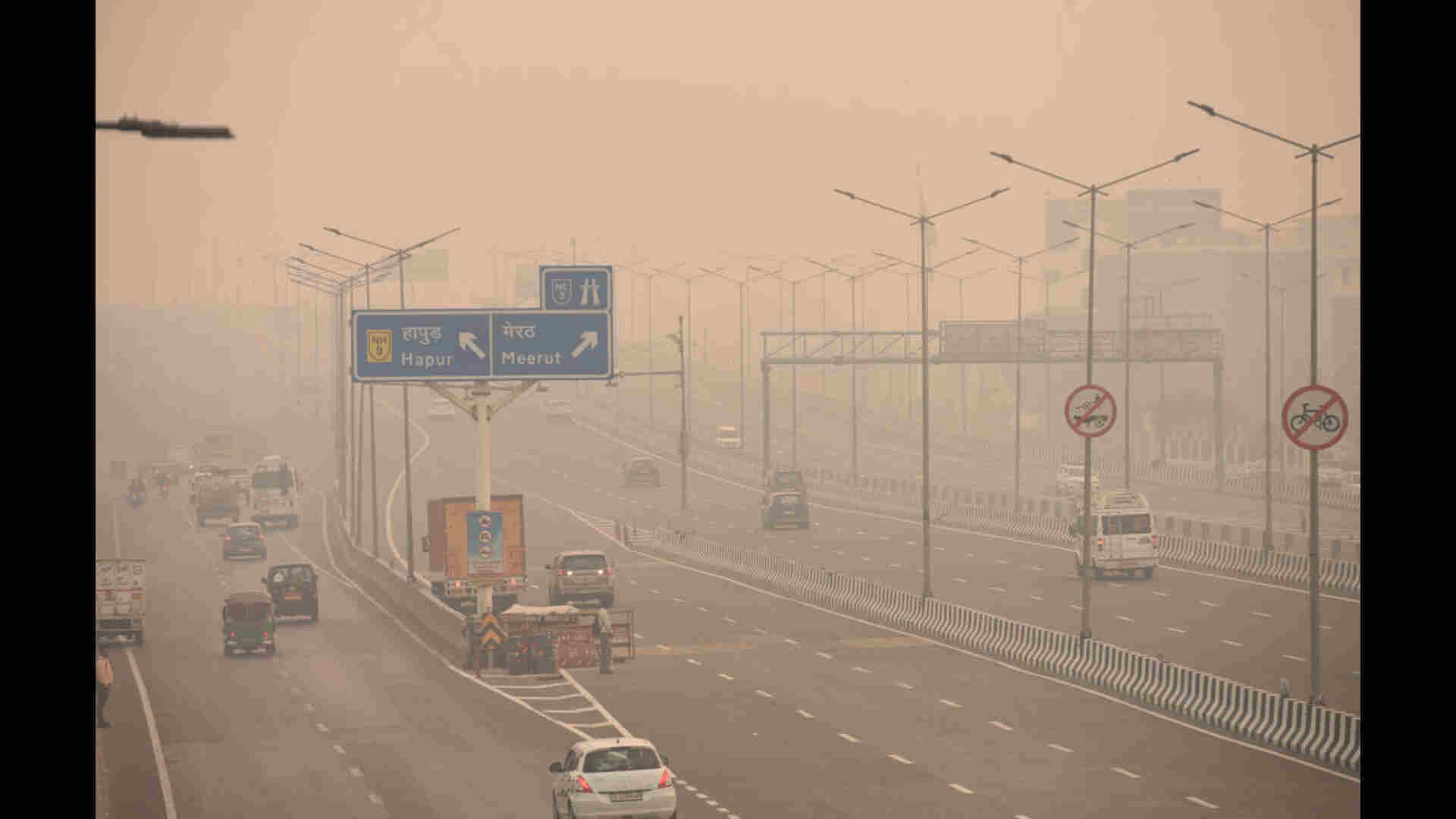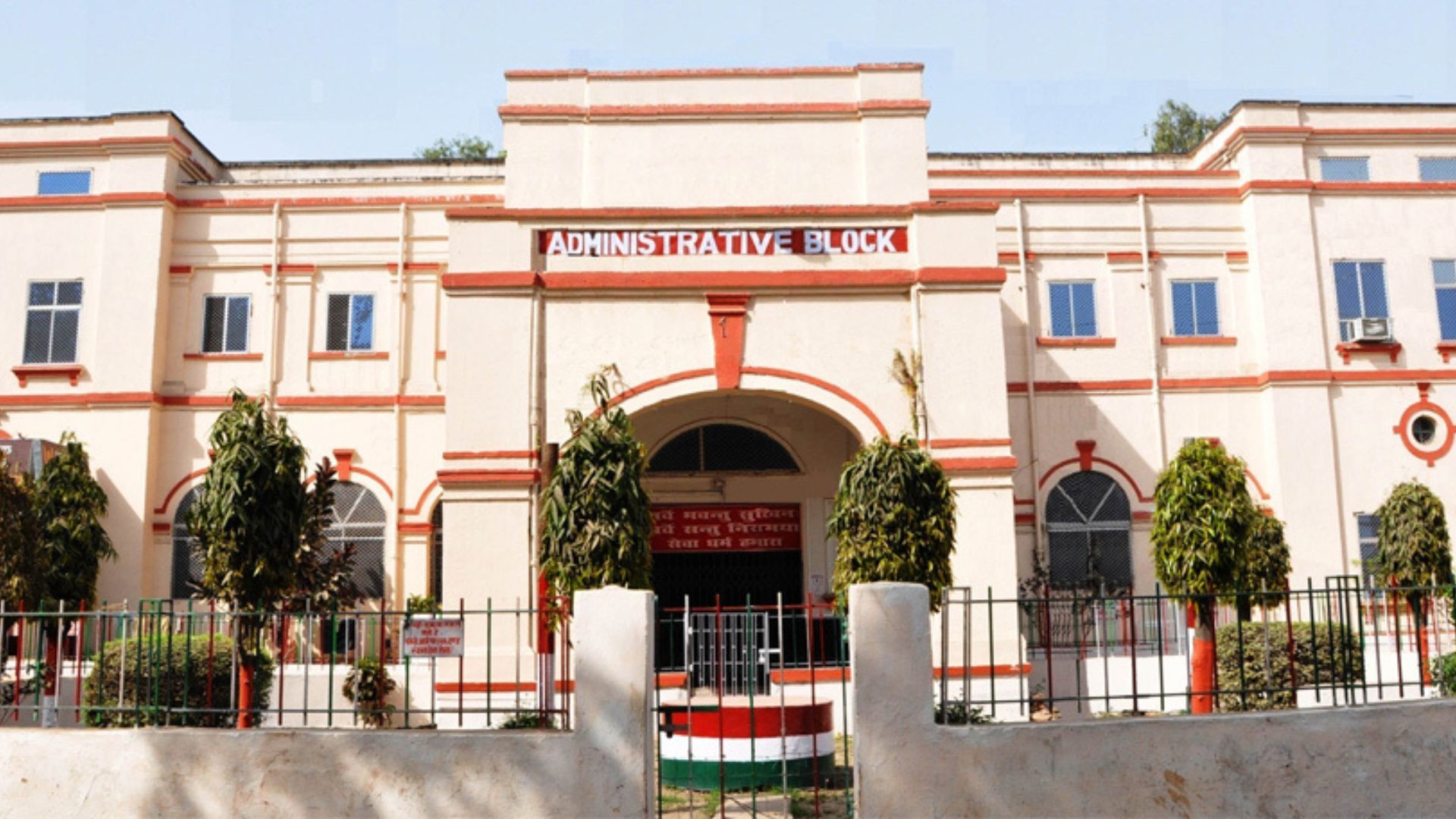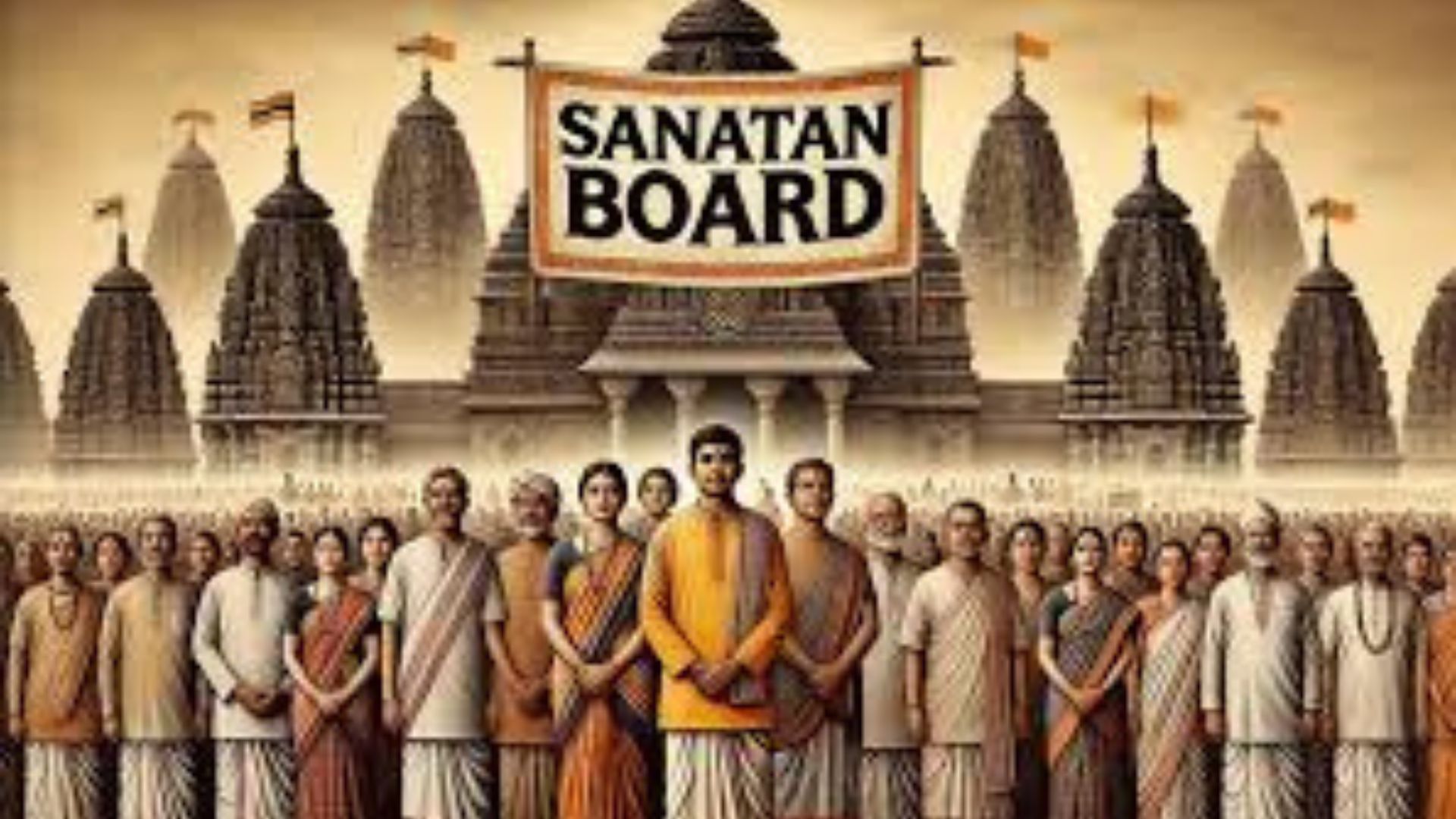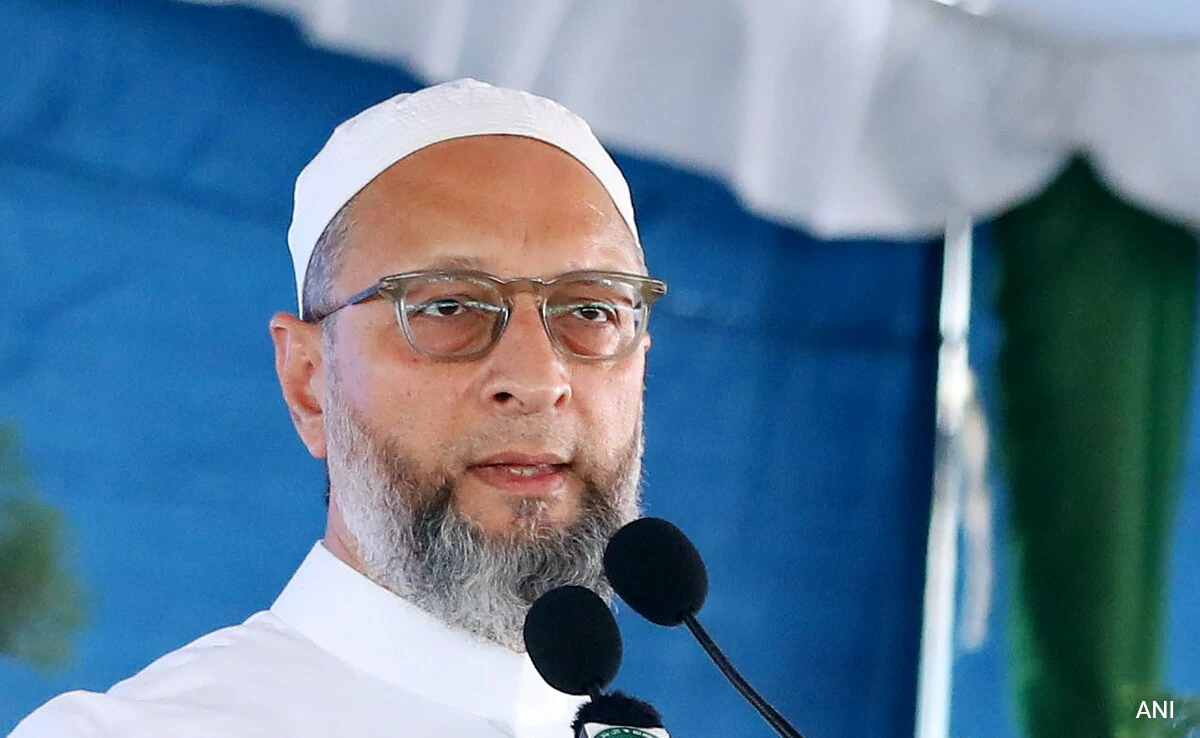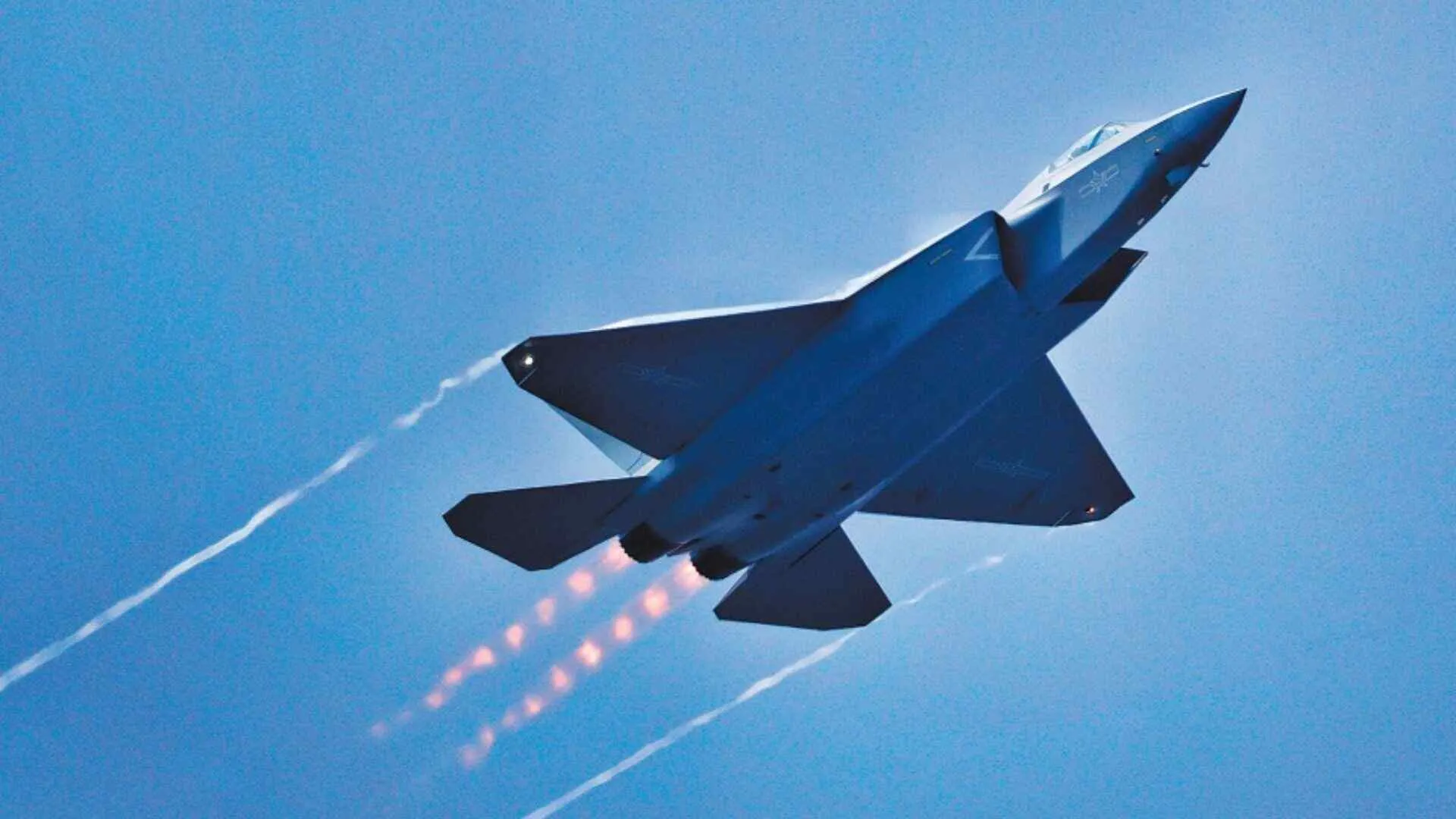Until recently and since the removal of Article 370 in 2019, political and electoral developments in the erstwhile state and now Union Territory (UT) of Jammu and Kashmir appeared to have been in limbo. The move to remove Article 370 changed the political map of the state, diluted its special status granted by the constitution, bifurcated it into two units, and opened doors for greater intervention by the Union government in the functioning of the region. It has allowed for the extension and application of several laws and rules framed by the central government which otherwise could not be extended to the former state without approval from the state legislature.
The legality of the Centre’s decision to abrogate Article 370 in the state is still under judicial review, but there has been an opening up of the region’s integration with the rest of India arguably altering the social fabric and identity of the region.
The change in the state’s political dynamic is most evident by the Delimitation Commission’s final award in May 2022, which tips the scales in favour of Jammu, which has a larger share of Hindu population and Kashmir, where more Muslims can be found, and Home Minister Amit Shah’s recent announcement to grant Scheduled Tribe (ST) status to the UT’s Pahari community.
Both developments are important factors for the Assembly elections that are likely to be held in the coming months and will seal the fate of the other main political players in the region- the Indian National Congress (INC), People’s Democratic Party (PDP), and National Conference (NC). The change in the legal status of the state has also altered the very basis of politics of several factions and groups representing separatist agendas.
Both the removal of the state’s special status and the Delimitation commission’s award have dealt a body blow to the PDP and NC, as it chips away at their political premise of special status.
This change has been accompanied by the rise of the Bharatiya Janata Party (BJP) in the former state, also evident from the result of the last few elections.
The last democratic elections in Jammu and Kashmir were held in December 2020 when the state’s electorate voted to elect local body members in the District Development Councils (DDC). The election results saw the emergence of a unique coalition of rival parties in the form of the People’s Alliance for Gupkar Declaration (PAGD). At the time, PAGD comprised the NC, PDP, Communist Party of India (Marxist), Awami National Conference, Jammu and Kashmir People’s Conference (JKPC), and Jammu & Kashmir People’s Movement (JKPM). The JKPC and the JKPM parted ways from the Gupkar Alliance in 2021 and 2022, respectively.
Indicating its member parties’ strong but declining dominance in the state’s political space, the Gupkar Alliance won 20 councils and the BJP won six. In line with the BJP’s stronghold in the region, the party swept away the Jammu division and also emerged as the single largest party in the state with 75 DDC seats.
The Alliance led with 112 seats, giving the BJP a tough fight in the Kashmir division as the INC bagged 26 seats. Independent candidates won as high as 50 seats, reflecting a general discontent with the mainstream parties in several parts of the UT. Interestingly, the BJP managed to enter the Kashmir Valley by winning three of the 140 DDC seats, which was a major boost for the party’s efforts in the Muslim-dominated region. The outcome of the DDC polls mirrors the electoral divisions of the Union Territory reflected in the 2014 Jammu and Kashmir Assembly elections and 2019 Lok Sabha elections. In both elections, the PDP and NC performed well in the Kashmir region while the BJP maintained its stronghold in the Jammu region.

